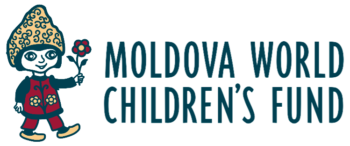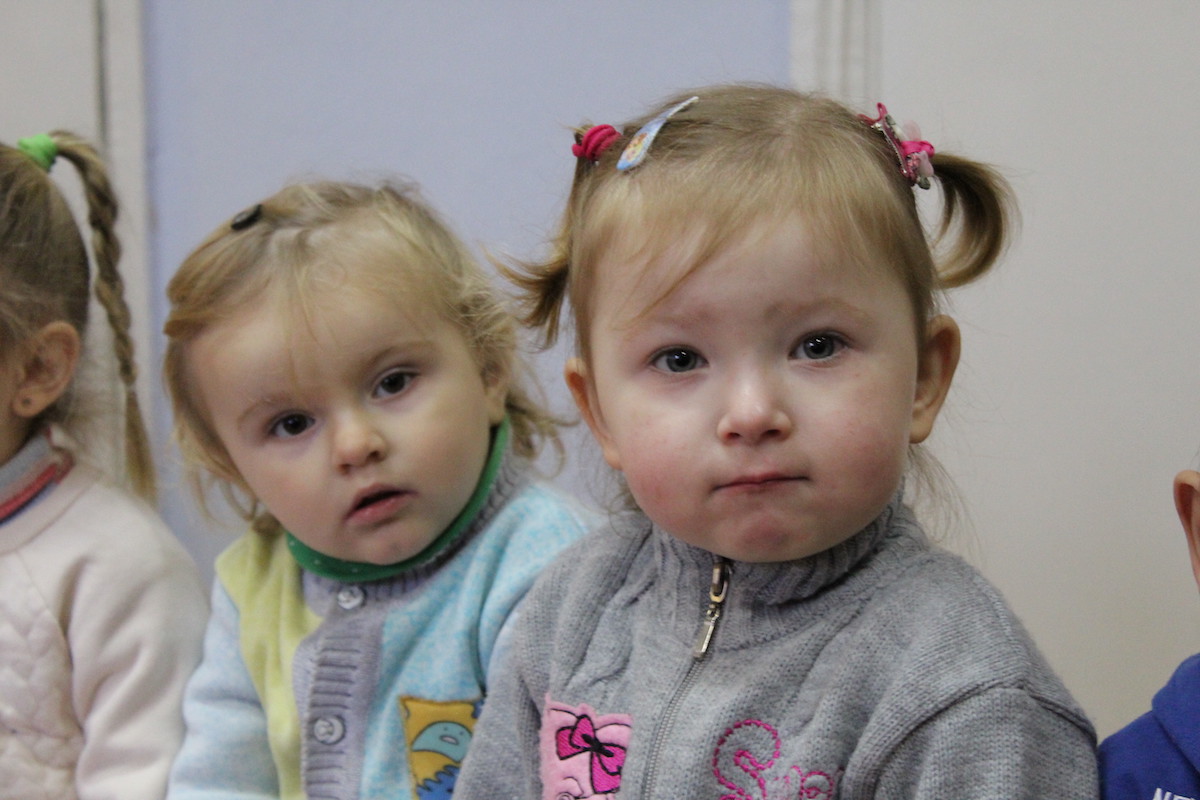The Vogels’ Board of Director trip to Moldova in May was an adventure. Judy carefully plans our traditional vacations which don’t usually include long days in a car taxied on bumpy one and two lane roads and staying in Spartan accommodations in a Soviet built apartment. The week planned by Ray West and his “boots on the ground”, Irina Rusanovschi and Vlad Pusca introduced us to a special country and people as we never could have done on our own. Moldovans are remarkable for their tenacity in the face of the many obstacles they encounter daily. The country of 3.9 million is the stepchild of Europe, a portion of their eastern territory occupied by Russian sympathizers and armaments. With a largely agrarian economy, Moldova is Europe’s poorest country with a per capita GDP of approximately $2,000 in 2013 (Switzerland was $84,000).
We are proud of Ray’s and Albert’s leadership over many years in achieving much good work in our names in such a remote part of the world.
–Bill Vogel
A third of its population works outside the country, providing some 60% of a family’s income which cannot be effectively translated into business investment. Despite 25 years of parliamentarian government since independence from the USSR, Moldova is still hampered by political and economic corruption, and a Russian influence that discourages economic improvement.

Arriving in the central capital of Chisinau on Sunday, Judy and I were met at the small airport by Ray and Vlad and moved into a rented two bedroom apartment. After a much needed nap, we got a tour of the older part of the city which included a walk through the large downtown park with its statue of Stefan cel Mare, Moldova’s patron saint. Dinner was outside at a quaint restaurant on a chilly night, and included pasta, pork, Greek salad, bread and wine. Because Monday was a national holiday (a week and a day after the Orthodox Easter), there was no one to see. Vlad drove us east to Crocmaz near Russian dominated Transnistria and the Black Sea. There we were cordially hosted by the family owned Et Cetera winery, a small 150,000 bottle business operated by two brothers and their father, one of whom earned money on a cruise ship to start up the company. Joining us was one of their neighbors, a 32-year-old accountant who previously drove trucks in the U.S., using savings and help from USAID to start an apple and cherry farm.
With Irina meeting us on Tuesday, Vlad drove us south to Cahul to tour an elementary school where we met Marisha Marsh, a Peace Corps community and organizational development volunteer. The school has only 10 squat toilets for 300 children. There is an urgent need for many more inside commodes, in particular to serve special needs children uncommonly integrated with the traditional student body. We took classroom pictures and delivered educational posters to the children.
Next we stopped in Manta and met Tamara Savenco, deaf and speechless since birth. MWCF has assisted Tamara and her two caregiving sons since 2003. At age 57 she could be mistaken for 80 as evidence of the hard life she has led. We toured her modest house, earlier reconstructed by MWCF, where a room accommodates one of her boys, Sergiu, and his wife and child. We later stopped in Colibas to meet the mayor at an abandoned former textile factory that he wants to turn into a public indoor recreation center. Dinner that night was in Lapusna located in the west near the Romanian border. We were sampling high octane refreshments in Vasile’s underground office, feasting at the table with homemade wines, five courses of meal with good company. This should be a mandatory stop on the Moldovan trip itinerary!
Wednesday, we picked up Irina before stopping for breakfast at the Safari restaurant (and zoo) for a three-hour drive north to Ruseni. Here we visited the village school and were greeted by Anna, a young student, who had memorized a welcome speech for us in English. MWCF has replaced floors, windows, rotted sills and provided books, posters and maps in the classrooms. New projects might include renovating a moldy and dilapidated library, remodeling a kitchen where meals for 140 children are prepared on a two burner stove, and replacing a four-hole outhouse. The principal spent time with us and offered us hot tea, sweets and cognac! Later we visited Tirnova’s Tuberculosis Rehab Center where MWCF oversaw a $1.6 million renovation project in 2011. Irina, who has maintained an active interest at the facility for MWCF, was welcomed by many open armed children. For Wednesday’s last stop, we drove on to Drochia, where we were served dinner by Ana Fortuna and her remaining four adopted daughters. The private orphanage which she and her late husband Peter began was one of Moldova World’s first projects in 1998, and continues to receive a monthly stipend from fellow board members Alice and Jim Gordon.
Our last full day was highlighted by a trip to nearby Gratiesti, where the dedication of a center for children with special needs was televised on national TV, and featured speeches by Ray, a U.S. Embassy official, and the town mayor. MWCF partnered with International Women’s Club Moldova and other local and international organizations on this project. The ceremony featured a Moldovan army band and a nice lunch. At Bulboaca, we checked Vlad’s installed playground at a special needs boarding school, and found it being overused by too many older children in need for some larger equipment for themselves…another project for the near future. Our final stop was a tour of the pediatric wing at the Mother & Child Institute’s respiratory diseases ward, where MWCF partnered with Irina’s PHOENIX charity to replace windows and do other construction work. Dinner that night was with John Maxemchuk, MWCF’s good longtime friend and managing partner of Sun Communications.
Our impressions of Moldova, the people we met, and the work MWCF has done for deserving children in this country that deals with a the many challenges of an infant democracy, were all positive. Vlad and Irina oversee construction projects that improve children’s lives, partnering with international philanthropic organizations, the U.S. Embassy, Peace Corps, local Rotarians and Lions who can all have confidence that the work will be done economically and well.
We are proud of Ray’s and Albert’s leadership over many years in achieving much good work in our names in such a remote part of the world.

